I am referring the documentation of _filefirst() and _findnext() APIs here
These APIs return file information in a _finddata_t structure. I need to access file modification time from time_write element. Though documentation says that
time is stored in UTC format (It is a times stamp). Documentation doesn't clarify if this time represents local time or UTC time. It seems to me that time_write doesn't return the UTC time instead its value is influenced by the system time zone settings.
My Question is - Does time_write returns local time represented in the UTC timestamps ?
Edit1
Here I explain what actually I am trying to understand. My system is in IST timezone. Now, there is a file emp10.ibd for which windows shows
Date Created - 10/21/2016 10:51 AM
Date Modified -10/21/2016 10:51 AM
I used epoch converter to find out the the epoch timestamp for which it turn out to be as following -
Now if I retrieve the time_write element from _finddata_t structure which has been returned by _findnext() for the same file i.e. emp10.ibd. I expect the returned timestamp should be close to
Epoch timestamp 1477027260 as shown in the image above.
But I get the time_write as 1477043509
If I again use epoch converter I get the following

I am trying to understand why there is 4:30 Hours of time difference in GMT in both images shared above? IMO timestamp should have been almost same. What obvious I am missing here ?
Edit2 For those folks who were asking for sample code. Here I paste link of another post which I had asked a year ago for the same reason but scenario was little different, There I was referring to _stati64 struct. I didn't troubleshoot the problem further at that time. By now it is pretty clear that _finddata_t and _stati64 APIs are affected by _tzset environment variable as Harry mentioned in this post while FILETIME struct is not.
